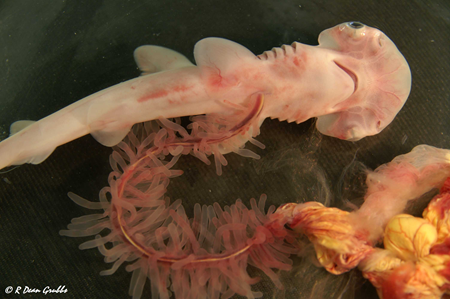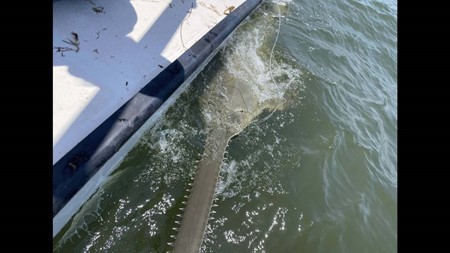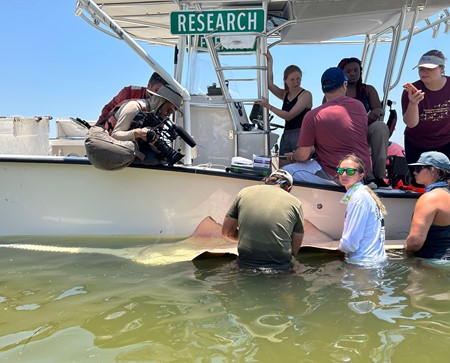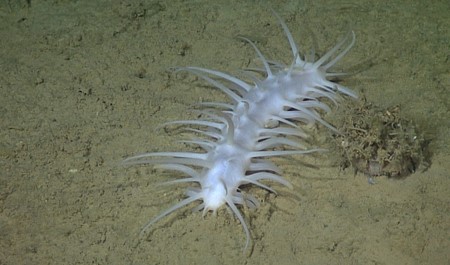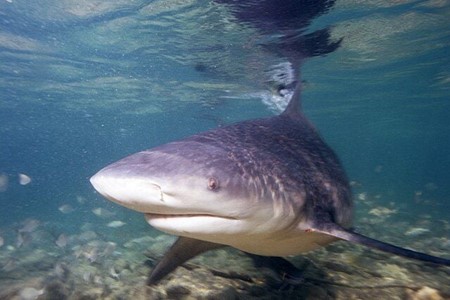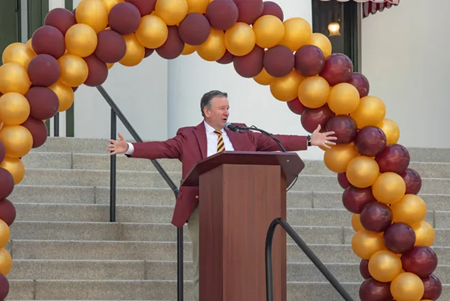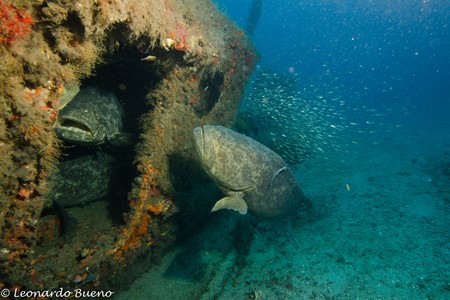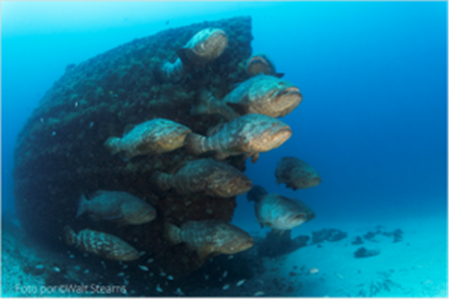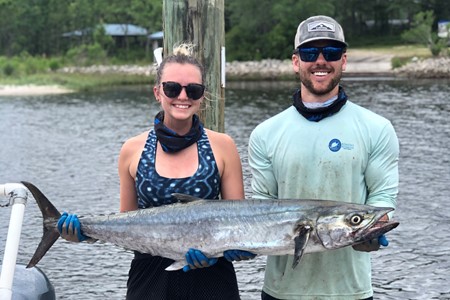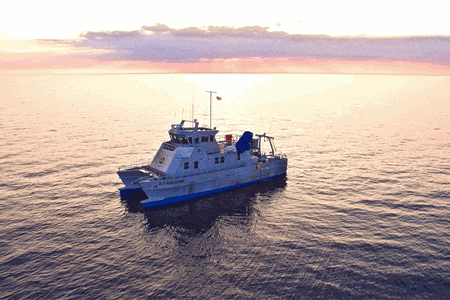So in the new study, developmental biologists tagged along with scientists studying bonnethead sharks (Sphyrna tiburo), a small hammerhead species with a relatively giant noggin. As the team scooped the sharks from the waters of the Gulf of Mexico and off the U.S. east coast, the biologists retrieved live embryos of all ages. The biologists preserved the embryos for further study using different staining and imaging techniques, piecing together the video above from different specimens.
Endangered 13-foot sawfish caught off Florida coast. Why that’s good news for species
By Irene Wright Growing up on the Gulf coast of Florida, shark researcher Dean Grubbs has always been fascinated by nature’s ancient animals. “I caught a little sharpnose shark when I was 7 years old, and I thought it was the coolest thing I’ve ever seen, and (I) told my parents I was going to be Jacques Cousteau,” he told McClatchy News in a phone interview. “That fascination never changed.”

